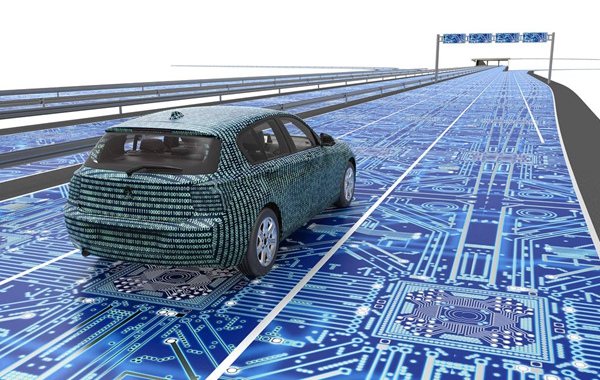The transformation of self-driving truck company TuSimple into CreateAI marks its shift from the field of self-driving to the field of generative artificial intelligence, which has attracted widespread attention in the industry. The move comes after a series of upheavals for the company, including a withdrawal from the stock market, the closure of its U.S. operations and infighting among shareholders. Although the transformation plan has caused controversy, CreateAI still adheres to its strategy and has launched its first generative AI model "Ruyi", actively entering the fields of animation and game development, and seeking new growth points. This article will provide an in-depth analysis of CreateAI’s transformation path and explore its opportunities and challenges.
Self-driving truck company TuSimple announced the completion of its transformation, officially changed its name to CreateAI, and shifted its business focus to the field of generative artificial intelligence, covering animation and game development. This rebrand marks TuSimple’s abandonment of the self-driving truck business and its entry into a new track.
TuSimple's transformation comes at a time of turmoil for the company. Previously, the company withdrew from the stock market in January 2024, closed its U.S. self-driving truck business, and transferred its remaining assets to China to fund new business.
Despite shareholder objections, the company's board of directors approved a $25 million deal in November to develop the role-playing game "The Legend of Jin Yong" in partnership with two game development companies associated with co-founder Chen Mo. In order to avoid potential conflicts of interest, Chen Mo has transferred the ownership of his company to an institution controlled by a family trust, but this has not yet quelled outside doubts.

Despite abandoning its core self-driving business, CreateAI hasn't completely strayed from its technological roots. The company’s first generative AI model, “Ruyi,” utilizes the technical know-how accumulated in the autonomous driving field. The "Ruyi" model focuses on image-to-video generation and is released as open source on the Hugging Face platform. At the same time, the company is also committed to developing AI tools and infrastructure for video games and animation content, trying to open up new horizons in the field of digital entertainment.
The company's future strategy also includes cooperating with the well-known Japanese designer Shoji Kawamori to develop animated movies and games with "The Father of Macross" as the core. CreateAI said that this cooperation reflects the integration of its generative AI and digital entertainment. Lu Qi said that the cross-application of generative AI and digital creation will bring long-term growth opportunities to CreateAI.
Meanwhile, the transformation plan has sparked internal controversy. The company's former CEO Hou Xiaodi opposed the transfer of US$450 million in cash assets to China and called on shareholders to jointly overthrow the current board of directors and establish a liquidation company to return shareholders' funds. However, the company is sticking to its plan to license autonomous driving technology to Chinese partners while exploring new ways to monetize autonomous driving intellectual property.
From an autonomous driving pioneer to a generative AI innovator, it remains to be seen whether CreateAI’s bold transformation can open up new growth space.
CreateAI's transformation journey is full of challenges, but its active exploration of the application of generative AI in the field of digital entertainment also demonstrates its strong technical strength and market acumen. Let us wait and see what the future holds.